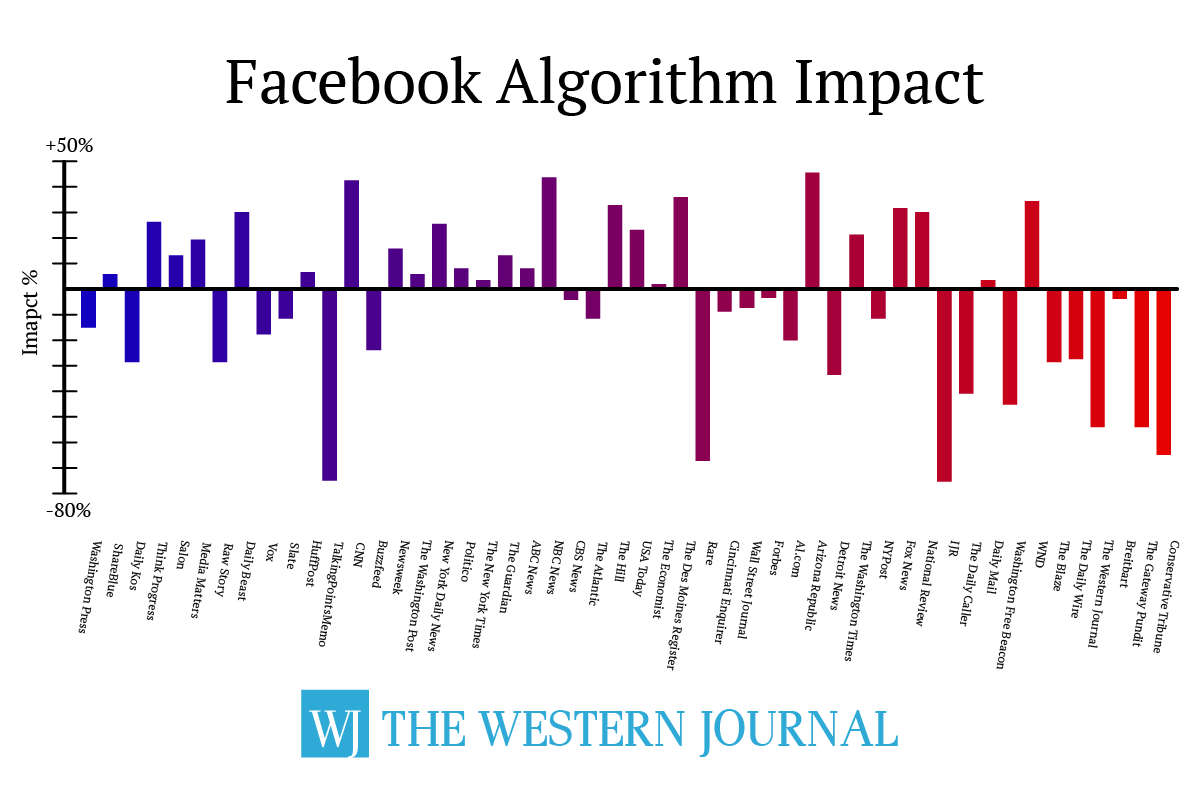Facebook's New Political Ads 'Authorization Process' Raises Specter of Censorship
Facebook announced changes last week to its political advertising policies, including requiring all ad providers to go through an “authorization process.” Those providers which do not clear this process will be banned from running ads on the platform.
Facebook CEO Mark Zuckerberg offered some details about the move in a post on Friday, revealing his company is taking two big steps in response to Russian interference in the 2016 U.S. elections.
“First, from now on, every advertiser who wants to run political or issue ads will need to be verified,” he wrote. “To get verified, advertisers will need to confirm their identity and location. Any advertiser who doesn’t pass will be prohibited from running political or issue ads. We will also label them and advertisers will have to show you who paid for them.”
“For even greater political ads transparency, we have also built a tool that lets anyone see all of the ads a page is running,” he added. “We’re also creating a searchable archive of past political ads.”
Zuckerberg also said those who run large pages on Facebook will have to be verified. “This will make it much harder for people to run pages using fake accounts, or to grow virally and spread misinformation or divisive content that way,” he explained.
In an email to political publishers on Facebook, an executive with the company offered further details.
She explained that political ads include “both election-related ads as well as issue ads. Issue ads are ads about political topics being debated across the country. We’ll work with third parties to develop a list of key issues and will refine that list over time.”
One can foresee the potential for viewpoint censorship. Will those who wish to make political statements about gun control or abortion from a conservative perspective survive the verification/authorization process?
Political publishers often promote stories by paying Facebook to present them to more users beyond their organic reach. Will boosting stories be subject to an “authorization process?”
The Facebook executive also said the company is still ironing out some of details.
“We are actively exploring how the this process will work for publishers,” she wrote. “We know that decisions we make here will be important to your business and how you use Facebook, and we’re looking through the best way to approach this for news publishers.”
Conservatives have reason to be suspect about the new authorization process.
As reported by The Western Journal, Facebook’s recent “trusted sources” algorithm change resulted in conservative sites seeing double-digit decreases in traffic, while liberal sites (apparently judged trustworthy) have seen traffic stay the same or increase.
An original study by The Journal — published last month and reported on widely by other outlets — documented the change in reach to various news outlets based on their ideological bent, following Facebook’s February algorithm change.
The findings were unequivocal: the left-of-center sites saw a nearly 2 percent increase in traffic, while conservative sites experienced a 14 percent decrease.

Western Journal founder Floyd Brown told Fox News’ Tucker Carlson on his program last month that WJ has been hit by the change. The Journal was in the top 20 most engaged sites on the entire Facebook platform in December and the top five news sites in January, just behind The New York Times, according to Newswhip.
Following the algorithm change, which The Journal determined was implemented in early February, Western dropped to No. 12 among news sites, coming in behind Yahoo.com, while The Times remained the same at No. 4. Meanwhile, NBC sprang to the top of the list and CNN went from No. 16 to No. 2.
Campbell Brown, a former anchor on NBC and CNN who now leads Facebook’s news partnerships team, told attendees at a technology and publishing conference earlier this year that Facebook would be censoring news publishers based on its own internal biases.
“This is not us stepping back from news,” she said. “This is us changing our relationship with publishers and emphasizing something that Facebook has never done before: It’s having a point of view, and it’s leaning into quality news. … We are, for the first time in the history of Facebook, taking a step to try to to define what ‘quality news’ looks like and give that a boost.”
Zuckerberg informed users of the change to “trusted sources” as well, writing in a late January post, “There’s too much sensationalism, misinformation and polarization in the world today.”
“This (trusted sources) update will not change the amount of news you see on Facebook. It will only shift the balance of news you see toward sources that are determined to be trusted by the community,” wrote Zuckerberg.
Truth and Accuracy
We are committed to truth and accuracy in all of our journalism. Read our editorial standards.
Advertise with The Western Journal and reach millions of highly engaged readers, while supporting our work. Advertise Today.












